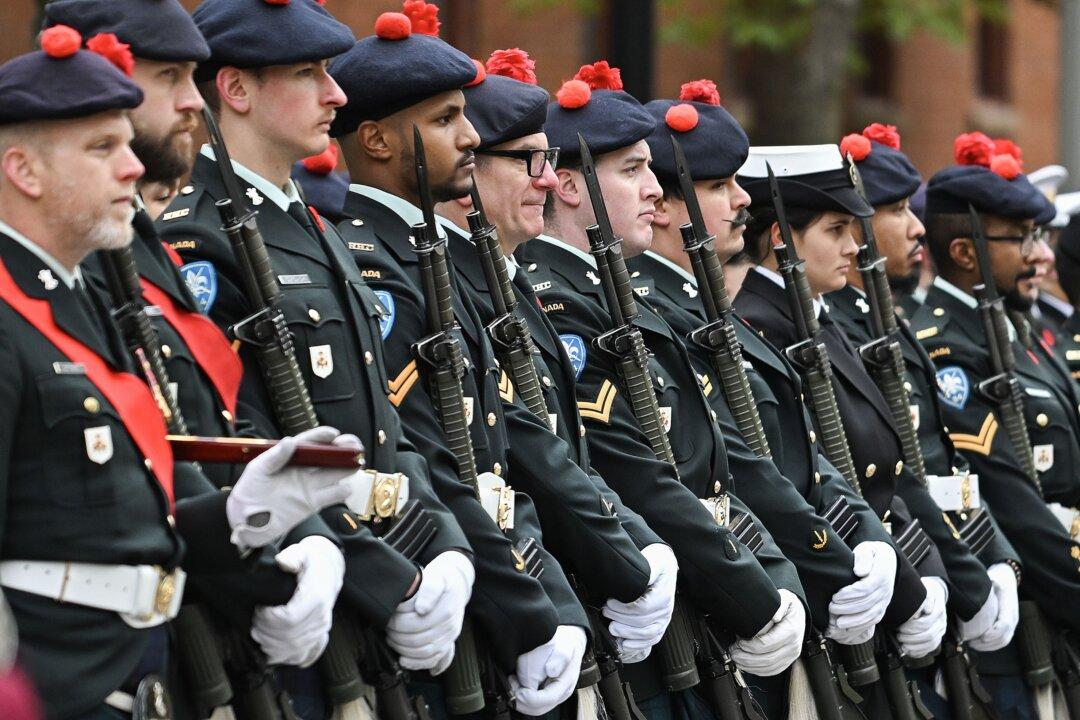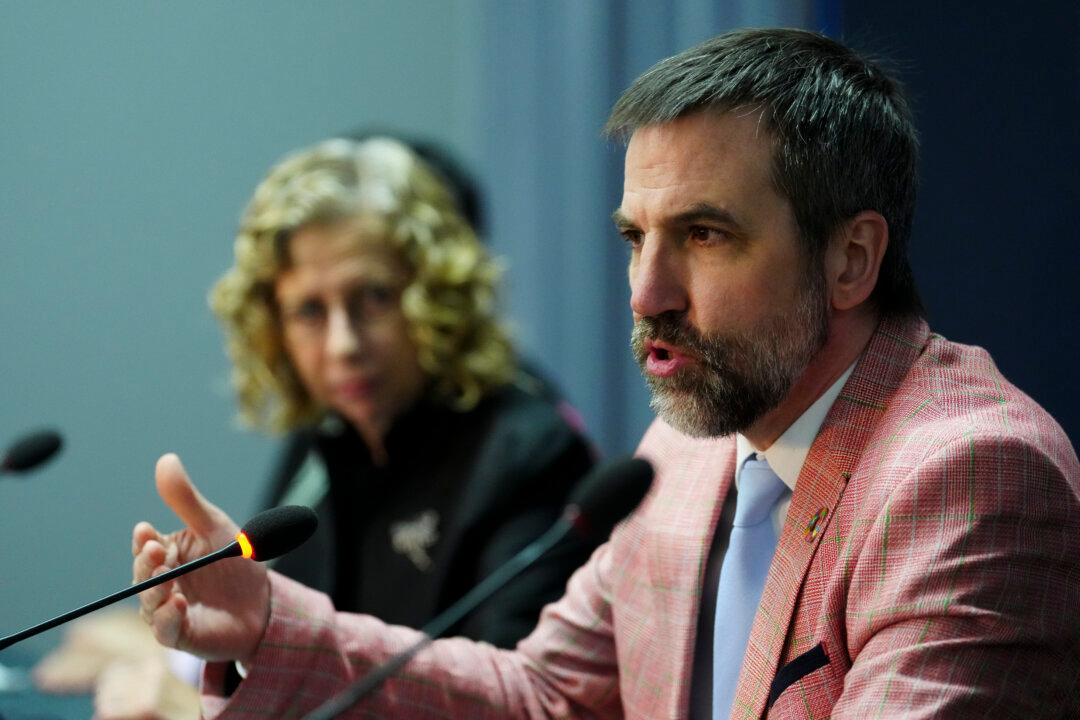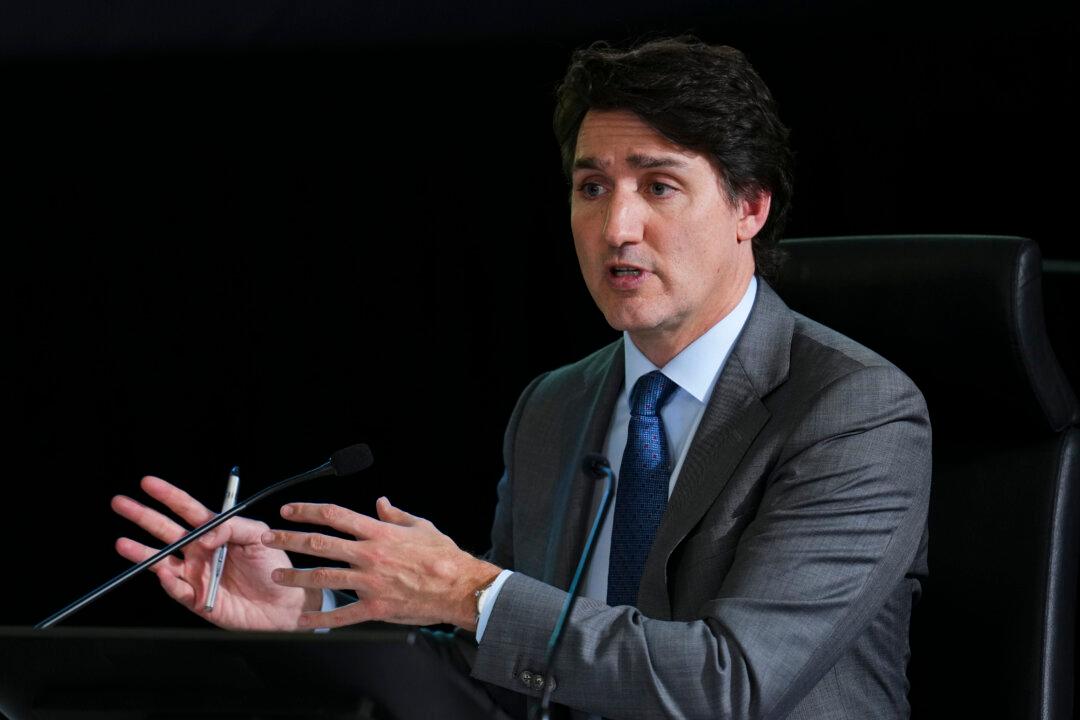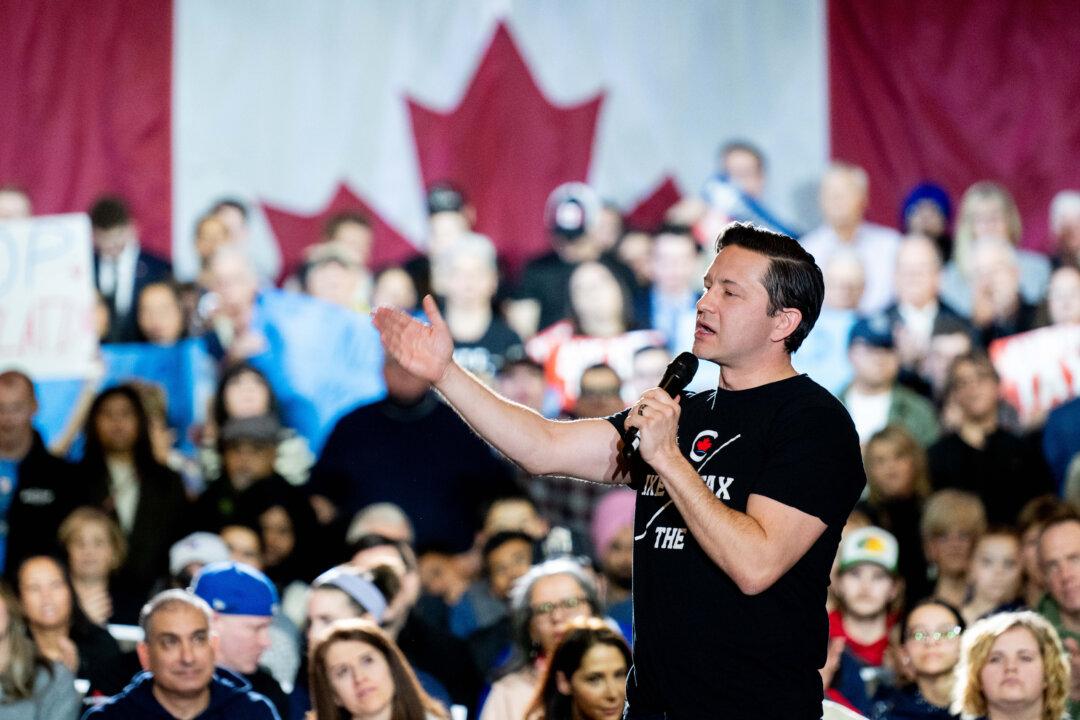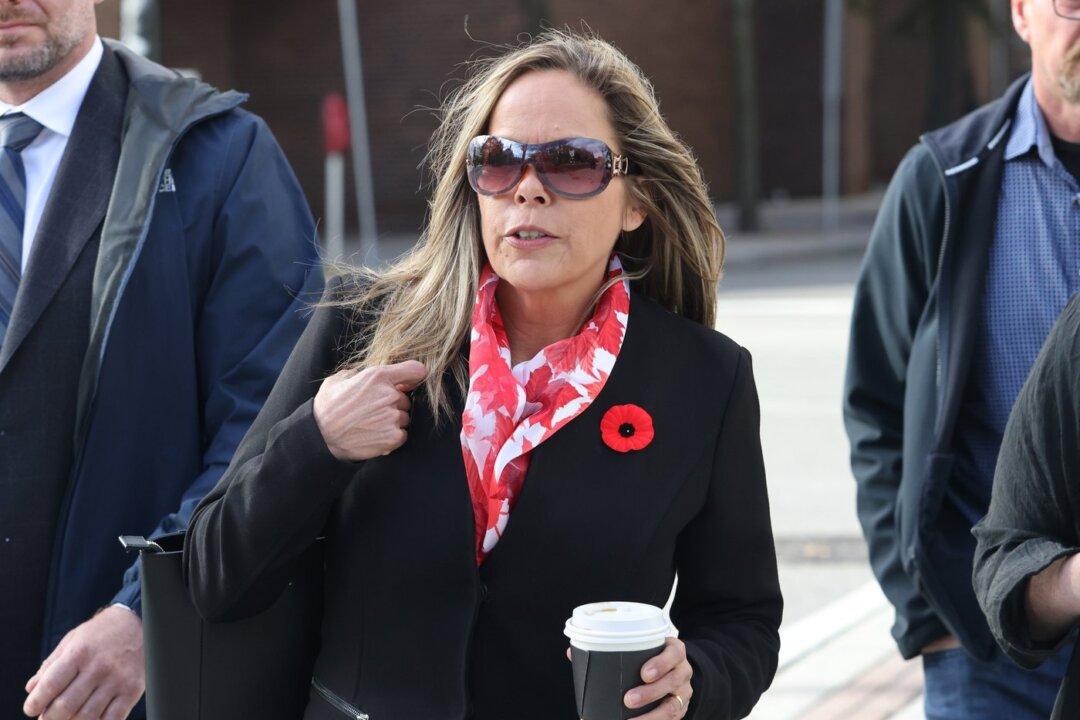Commentary
Prime Minister Justin Trudeau has found another means of keeping the Canadian Armed Forces (CAF) on oxygen. He said that because Canada and other NATO countries have shipped so much military aid to Ukraine in their fight against Russia that “everyone is in big trouble” when it comes to defence readiness.
